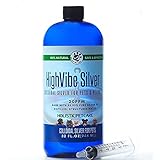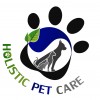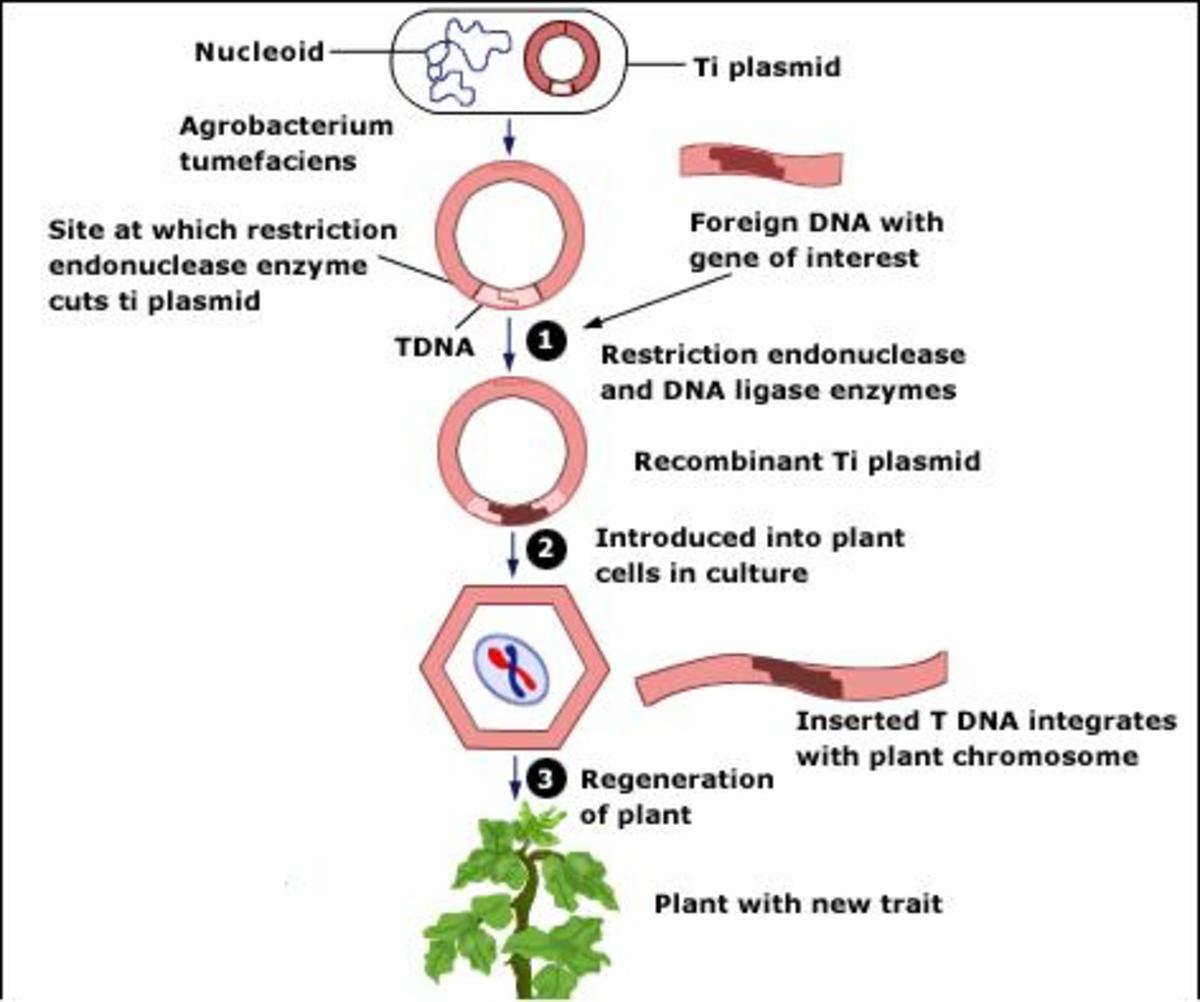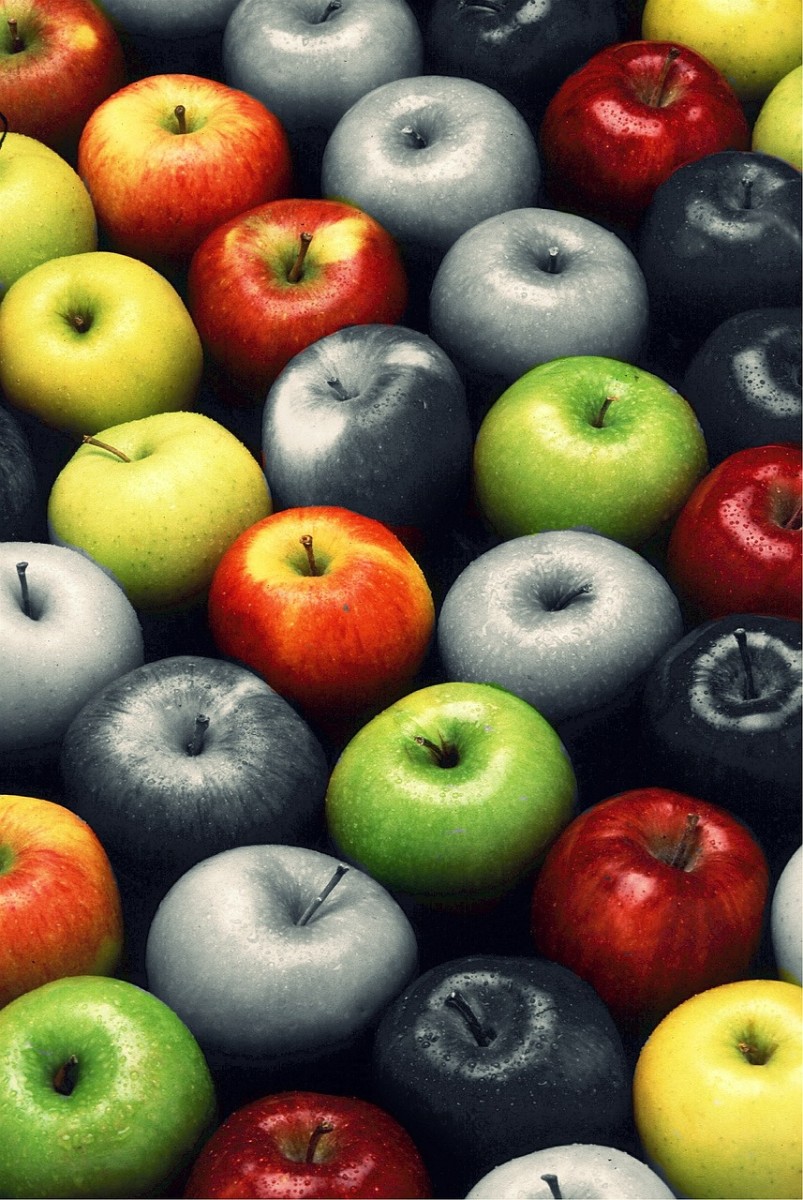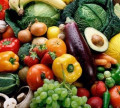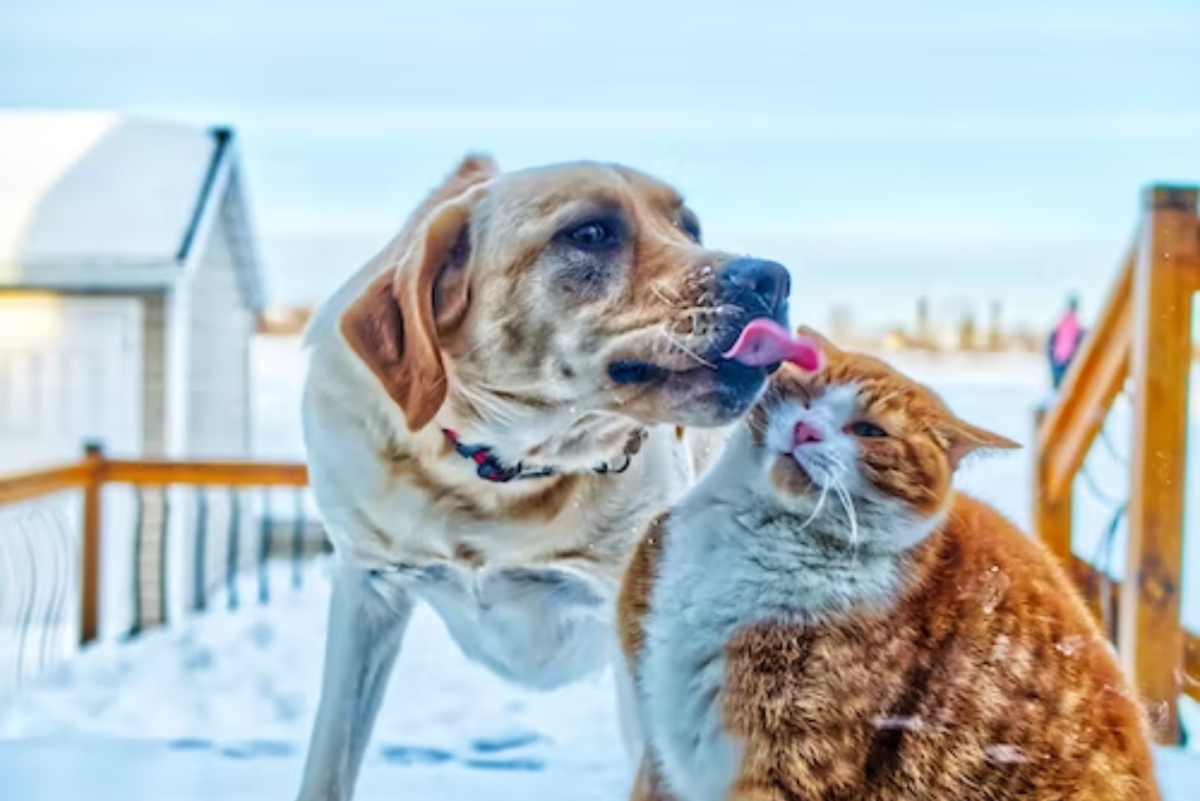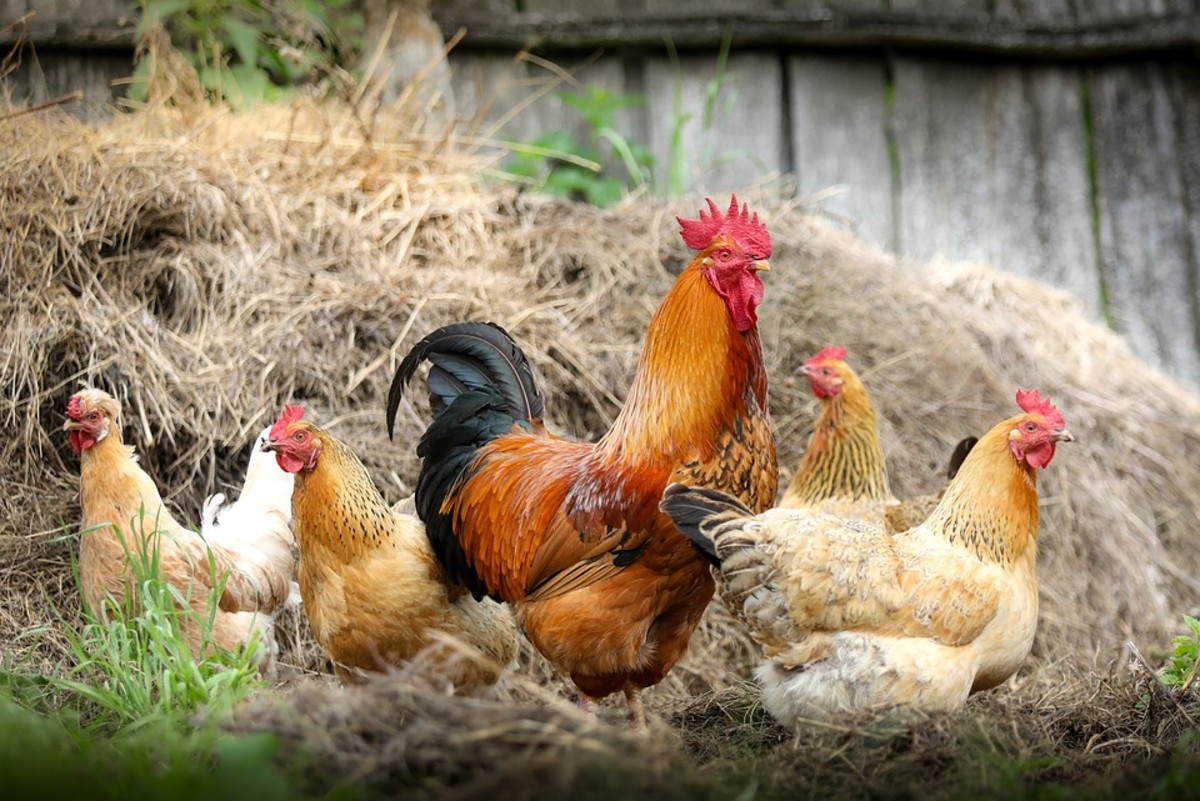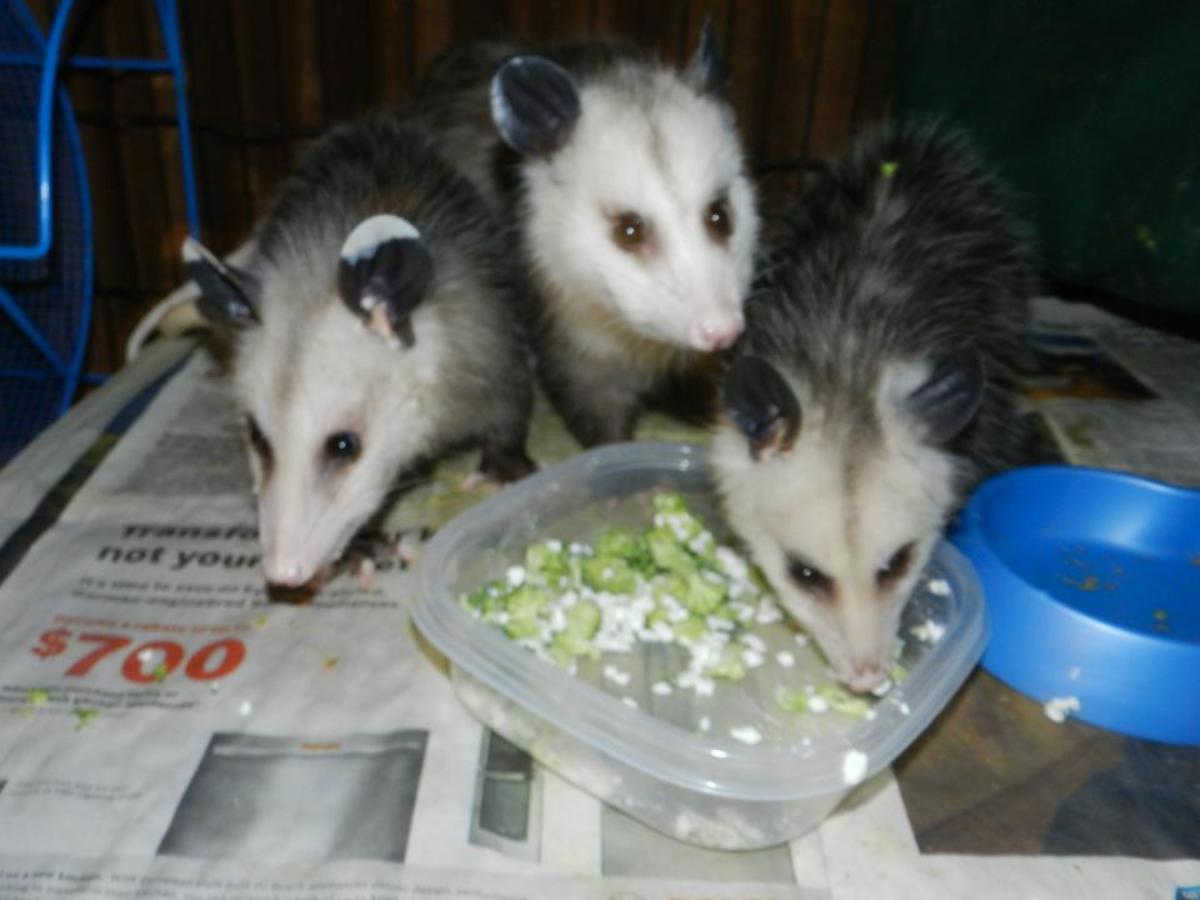GMO's- 'One Major Good' Reason Not to feed Commercial Pet Food
Be Aware!
For pet owners still feeding your best furry friend’s a commercial dog or cat food diet with corn-based additives or even rice and soy ingredients-We need to be aware of what we are giving our little loved ones.
This includes most of all the more affordable pet foods being sold today– This understanding is a huge wake up call and very good reason to consider changing your dog or cat’s diet to a non-GMO- grain free, preferably raw diet.
There is a possibility that the grains and especially the corn based products in your dog’s food are genetically modified organisms. Or in other words GMO foods.
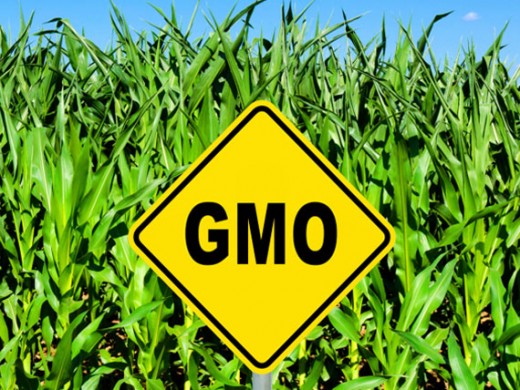
What is GMO?
This actually translates to mean that the grains being grown have been chemically altered to create plants that can withstand repeated spraying with the commonly known chemical called ‘Roundup’ a weed killer produced by Monsanto.
GMOs are basically ‘genetically modified organisms,' or seeds that have DNA that has been altered in the laboratory to resist dying when sprayed with these toxic chemicals. They don’t die, but they still absorb them. Then the poisons designed to kill weeds go into the grains we feed our pets.
GMO products effects so much of the food production in the U.S, mostly because animals eat these foods and we eat the animals or feed it to our pets and we and the dog are getting the GMO effect second hand through the animals that ingest them as well.
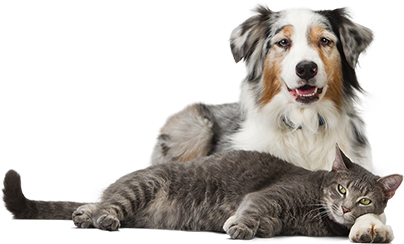
What Does Your Pet Eat?
What is your favorite Pet Food to Feed?
So Sad! Too Bad!
Many of the typical food crops grown today, such as corn, rice, soy, sugar beets, and tomatoes, have been modified to become resistant to pesticides. Also modified to grow larger, and produce bigger, more abundant crops.
Here is the big question on everyone's minds- Is it safe to ingest them?
We must concern ourselves with the safety of GMO foods not only for our pets, but for ourselves as well. Most people are aware of this and know it is a hot debate right now. However, often most people don’t consider how it is affecting our pets.
Of course no animal clinical studies were required in order for these crops to hit the market and be fed to pets and farm animals. Or humans for that matter!
While it is not always evident whether or not your pet’s corn, rice or soy-based kibble is made using these genetically modified ingredients, big probability is that it is GMO unless it says so on the label that it is made with non-GMO ingredients.
The fact is in the USA, 88% of the corn used in pet foods and animal feed and 93% of soybean crops are GMO.
They are comparing these new GMO crops to their non-GMO counterparts and saying that the GMO foods have enough of the similar nutritive value of proteins, amino acids, carbohydrates, fats, fiber, vitamins and a variety of other components are said to be “very much an equivalent,” and safe to be sold commercially.
Read your Labels- Don't Buy anything with Corn or Soy!
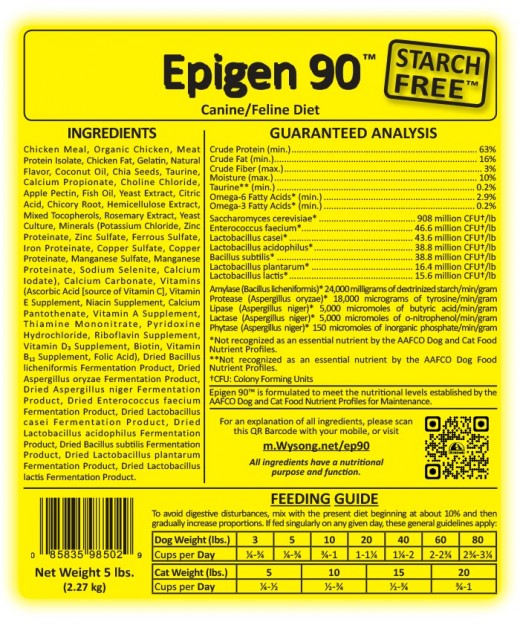
Long Term Effects
The long-term effects, however, of eating GMO food, for pets and their humans, is still being studied if at all.
That sad but true fact is - The FDA doesn’t require foods with genetically modified ingredients to be labeled as such in most states still, and in fact, even some foods that are labeled as “all natural” and some that say “organic” may still contain hidden GMO ingredients.
Bacillus thuringiensis, a toxic insecticidal agent is in most GM crops in the U.S.A ends up in most of our animal feed and pet food being given commercially today.
The major herbicides, Glyphosate and Glufosinate, are being sprayed on millions of acres of genetically modified crops across the world today still.
These terribly potent poisons are absorbed by these GMO engineered crops – which are herbicide resistant –all the while everything else with life-force in the field is annihilated – everything else growing in the area is wiped out. Often including the close by aquatic life in ponds, streams lakes even oceans in the vicinity are killed and mutated.
These toxins being sprayed on GMO crops can cause severe kidney damage in animals, birth defects & endocrine disruption in amphibians, and are highly lethal to many species in the wild. Another sad fact: This herbicide, Glyphosate has also been known to cause miscarriages, premature births, and non-Hodgkin's lymphoma, in humans. What is happening to our poor pets as a result? Vet bills have increased dramatically we do know this is a fact!
Are GMO's Safe?
Educate Ourselves and Vote on measure 92!
I feel so strongly about this topic- I believe that this is major issue that needs addressing in the pet food industry as well in the human food marketplace, where there is no place for GMO food ingredients in what we consume and feed to our special furry friends and also to farm animals raised for food.
As pet owners, we must educate ourselves with as much information as we can. We can’t rely on ‘catchy’ packaging and clever little made up phrases like, “completely natural” or “wholesome ingredients” or even some say ‘organic ingredients’ without the certified organic seal - catchy phrases like that designed to entice us to buy…..actually they mean absolutely nothing in the world of unregulated dog and cat food manufacturing.
Next month we vote on measure 92 in Oregon to ask for labelling on all our foods. Please get out and vote if you are an Oregonian on this measure.
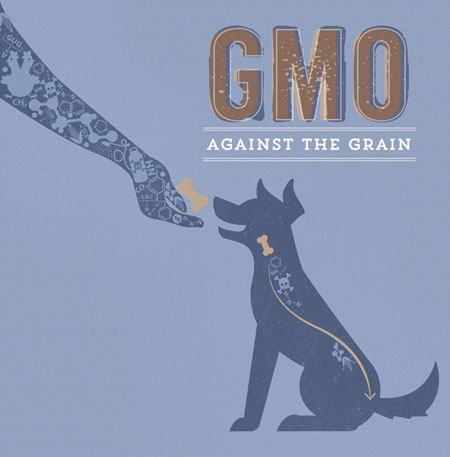
Advice:
Make sure you always read the labels and check the sides of the packaging.
- Look for whole meat ingredients with vegetables & fruits added that are non- GMO or ideally, pastured raised- or farm raised meat as the number one ingredient, avoid foods with corn, soy and even rice. Feed your pets a grain free diet.
- Do not buy any pet food ever with any by-products, unidentified meat-meals, and any of the suspect nutrient-empty fillers.
- To make sure you are giving your pet better choices avoid GMO’s and grains altogether, buy a pet food with the USDA Organic certification – or most ideal - give a raw food diet exclusively to your pets. Best yet, make your own homemade non-GMO raw pet food.
- Our companion animal’s critical health and long term vitality depend solely on the choices we as pet owners make.
- Be an informed pet lover- be a smart consumer.
- Read all labels and be savvy about what’s in your pet’s food products.
- Brush up on GMO ingredients and completely avoid them your yourself and your pets.
- Lastly, always ask questions. The more pet food buyers ask these pertinent questions and demand high quality products for our pets, the more quickly manufacturers will get that this is a HUGE pet food problem and it is not going to just disappear. Those producing these foods need to make a change and get them off the market for good.
